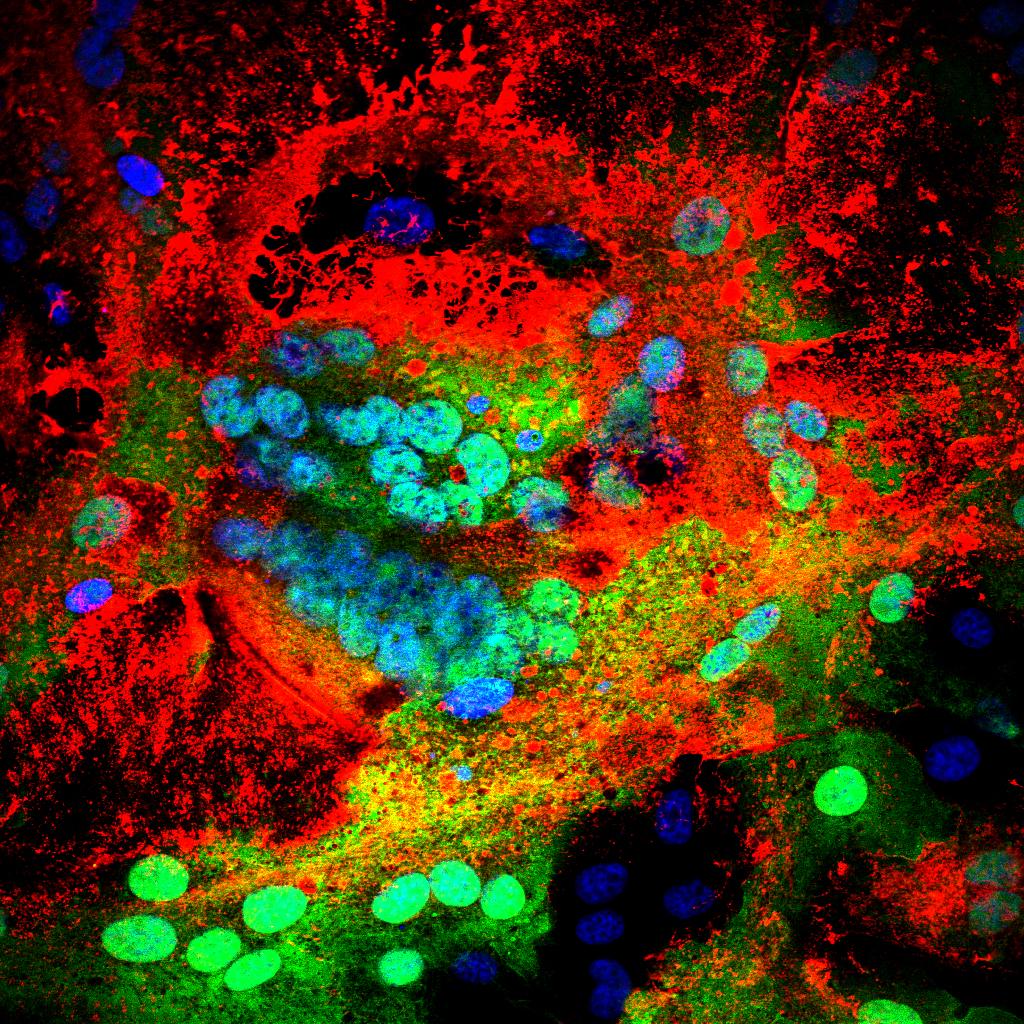Progress towards eradication of peste des petits ruminants through vaccination
Peste des petits ruminants (PPR) is a transboundary viral disease that threatens more than 1.74 billion goats and sheep in approximately 70 countries globally. In 2015, the international community set the goal of eradicating PPR by 2030, and, since then, Food and Agriculture Organization of the United Nations (FAO) and World Organization for Animal Health (OIE) have jointly developed and implemented the Global Control and Eradication Strategy for PPR. Here, data from the United Nations Food and Agriculture Organization Statistical Database (FAOSTAT), the OIE World Animal Health Information System (WAHIS), Regional Roadmap Meetings, and countries’ responses to PPR Monitoring and Assessment Tool (PMAT) questionnaires were analyzed to inform on current progress towards PPR eradication. OIE recorded the use of over 333 million doses of vaccine in 12 countries from 2015 to 2018, 41.8% of which were used in Asia and 58.2% in Africa. Between 2015 and 2019, a total of 12,757 PPR outbreaks were reported to OIE: 75.1% in Asia, 24.8% in Africa, and 0.1% in Europe. The number of global outbreaks in 2019 fell to 1218, compared with 3688 in 2015. Analysis of vaccine use and PPR outbreaks in countries indicates that disease control strategies, particularly vaccination campaigns and vaccine distribution strategies, still require scientific evaluation. It is imperative that vaccination is undertaken based on the epidemiology of the disease in a region and is coordinated between neighboring countries to restrict transboundary movements. Strengthening surveillance and post-vaccination sero-monitoring at the national level is also essential. The PPR vaccine stock/bank established by FAO, OIE, and other partners have improved the quality assurance and supply of vaccines. However, to achieve PPR eradication, filling the funding gap for vaccination campaigns and other program activities will be critical.
